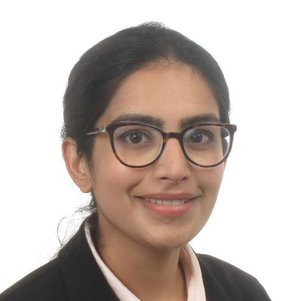Slow sand filtration 2.0: Towards efficient design, operation and maintenance
Slow sand filtration (SSF) is one of the oldest and most effective drinking water treatment technologies for the removal of microbiological and chemical contaminants and the production of biologically stable water. The centuries-old process is applied even today as the last treatment step in countries like the Netherlands, United Kingdom, Switzerland, Brazil and India. Known for its simple design, operation, use of locally available reusable materials and skills, SSF is appropriate to provide safe water to those in low resource settings. However, a wider application of these filters is restricted by downsides such as large land requirement and expensive cleaning methods.
This research aims at understanding the physical-chemical processes in slow sand filters for the identification of new design criteria and application of efficient and sustainable cleaning techniques. This will contribute to reducing land footprint and investment and operational costs of the filter.
The research will be conducted at TU Delft in collaboration with Wageningen University and Dutch water utilities Dunea, Vitens and Waternet.

Shreya Trikannad
Location
The Netherlands
